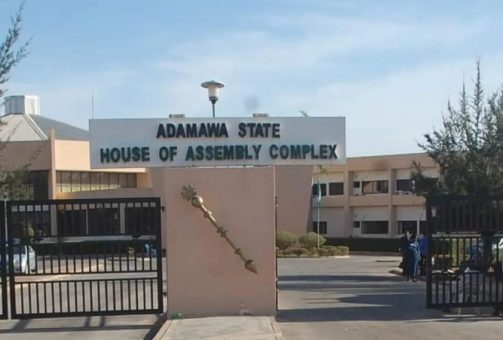
The Federal High Court in Abuja issued a directive on Monday, compelling Binance Holdings Limited to furnish the Economic and Financial Crimes Commission (EFCC) with detailed information regarding Nigerian users trading on its platform.
This mandate stemmed from an ex parte motion filed by the EFCC, seeking data on Nigerians trading on Binance, as per suit number FHC/ABJ/CS/259/2024, dated February 29. The motion invoked sections 6(b), (h), (I), 7(1), (a)(2), and 38 of the Economic and Financial Crimes Establishment Act, 2004, along with Section 15 of the Money Laundering (Prevention and Prohibition) Act, 2022 (as amended).
In the supporting affidavit, EFCC operative Hamma Bello disclosed that the commission’s Special Investigation Team, housed within the Office of the National Security Adviser, received intelligence implicating Binance in money laundering and terrorism financing activities.
Bello noted, “The team uncovered users who have been using the platform for price discovery, confirmation and market manipulation which has caused tremendous distortions in the market, resulting in the naira losing its value against other currencies.” He emphasized the necessity of obtaining data from Binance to aid the investigation, citing a trading volume of $21.6bn from Nigeria in 2023 alone.
Justice Emeka Nwite, in a ruling dated February 29, but disclosed on Monday, granted the interim order, directing Binance to provide the EFCC with comprehensive information on all Nigerian traders on its platform.
Binance, an online cryptocurrency exchange, has come under scrutiny, with Central Bank of Nigeria Governor Olayemi Cardoso revealing that over $26bn flowed through the platform without proper traceability over the past year. Additionally, two company executives were reportedly detained upon entering the country, following the ban on their website, as reported by the Financial Times on February 28.







